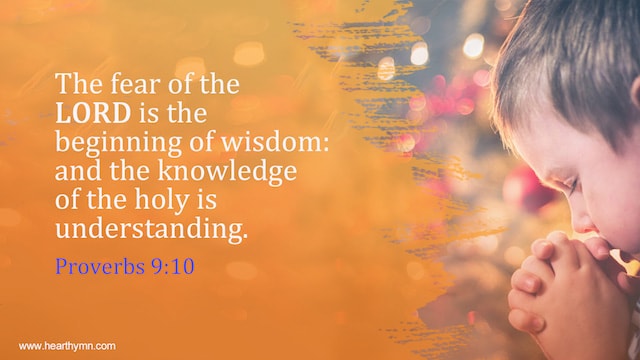The Timeless Beauty of Arabic Poetry: A Window into the Soul of a Culture
Arabic poetry stands as a testament to the rich literary tradition that has flourished for centuries in the Arab world. With its intricate meters, evocative imagery, and profound themes, Arabic poetry has captivated audiences both within the Arab world and beyond. From the classical works of pre-Islamic poets like Imru’ al-Qais and Zuhayr ibn Abi Sulma to the modern verses of Mahmoud Darwish and Nizar Qabbani, Arabic poetry encompasses a diverse array of styles and voices, each reflecting the cultural, social, and historical contexts from which they emerge.
One of the defining features of Arabic poetry is its mastery of language and form. Arabic, with its rich vocabulary and complex grammatical structure, provides poets with a vast الاقوال العربية array of linguistic tools to express their thoughts and emotions. From the rhythmic patterns of traditional meters such as the qasida and the muwashshah to the more free-form verse of contemporary poets, Arabic poetry showcases a remarkable versatility and sophistication in its use of language. 
At the heart of Arabic poetry lies a deep appreciation for the beauty of the natural world. Poets often draw inspiration from the desert landscapes, lush oases, and starry skies of the Arabian Peninsula, weaving images of camels, palm trees, and celestial bodies into their verses. Through vivid descriptions and vivid imagery, Arabic poets invite readers to contemplate the wonders of the universe and the mysteries of existence.
Yet, Arabic poetry is not merely concerned with the external world; it also delves into the depths of the human soul. Themes of love, longing, and loss permeate many Arabic poems, reflecting the universal experiences of joy and sorrow that unite humanity across cultures and generations. Whether celebrating the ecstasy of newfound love or lamenting the pain of separation, Arabic poets have a unique ability to evoke the full range of human emotions with a few carefully chosen words.
Moreover, Arabic poetry has always been intimately intertwined with the religious and spiritual traditions of the Arab world. From the elegiac verses of mourning poets to the devotional hymns of Sufi mystics, Islam has provided a rich source of inspiration for countless Arabic poets throughout history. The Quran itself is often celebrated as the greatest work of Arabic poetry, revered for its profound wisdom and divine eloquence.
In recent decades, Arabic poetry has experienced a renaissance as poets continue to grapple with the complex realities of the modern world. From the political upheavals of the Arab Spring to the ongoing struggles for social justice and human rights, contemporary Arab poets are using their art to confront pressing issues and advocate for change. Poets like Adonis, Forugh Farrokhzad, and Rumi have gained international acclaim for their bold and innovative approaches to poetry, challenging conventions and pushing the boundaries of expression.
In conclusion, Arabic poetry occupies a unique and cherished place in the world of literature, offering a glimpse into the soul of a culture rich in history, tradition, and creativity. With its timeless beauty and profound insights, Arabic poetry continues to inspire and enchant readers around the globe, transcending linguistic and cultural barriers to touch the hearts of all who encounter it.
